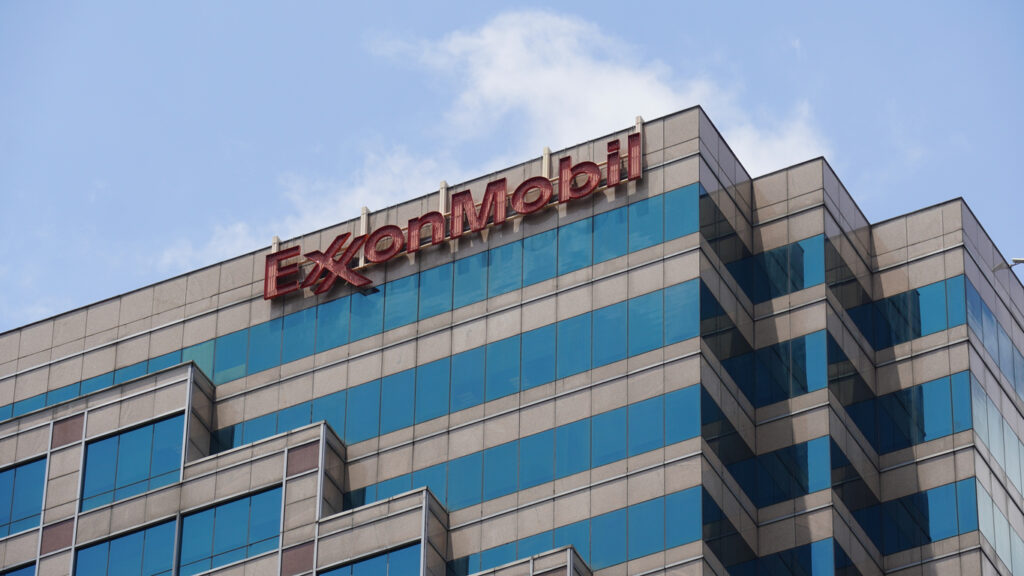(Oil Price) – After years of watching Europe’s Big Oil commit growing shares of capex to low-carbon energy solutions, U.S. supermajor Exxon is now set to overtake Shell and BP in investments planned for low-emission projects.
Exxon’s pledge largely depends on the Trump Administration not repealing key provisions in Biden’s flagship Inflation Reduction Act of 2022, which offered incentives to companies developing carbon capture and hydrogen solutions.
Still, the U.S. supermajor said in December 2024 it would pursue “up to $30 billion of low emission opportunities between 2025 and 2030, with almost 65% spent on reducing emissions for third-party customers.”
ExxonMobil’s Low Carbon Solutions business focuses on three primary verticals: carbon capture and storage, hydrogen, and lithium, which the U.S. firm says align with its core competencies.
Exxon’s latest low-carbon investment guidance now exceeds that of Shell and BP, which are scaling back spending on low-carbon energy and boosting investments in their core fossil fuel business, as shown by data compiled by energy consultancy Wood Mackenzie and cited by the Financial Times.
Exxon began thinking of more low-emission energy spending after the IRA of 2022, while Europe’s majors, including BP, Shell, and Equinor, have lowered their renewables spending amid low returns on green project investment and regulatory uncertainty.
BP increased its investment in upstream oil and gas to $10 billion per year while slashing spending on clean energy by more than $5 billion a year in the highly anticipated strategy reset announced in February.
Equinor is also reducing investments in renewables to boost returns for shareholders and adapt to an uneven energy transition, the Norwegian energy major said in a Capital Markets Update in February. Equinor will nearly halve its investments in renewables and low-carbon solutions to around $5 billion in total after project financing for 2025-2027.
Inflation, interest rates, supply chain issues, and regulatory uncertainty are reducing the pace of the energy transition, Equinor’s CEO, Anders Opedal, said.
CEO Wael Sawan said last month on Shell’s capital markets day about low-carbon businesses that “Going forward we will limit capital employed across these businesses to below ten percent of our total capital employed, with dynamic capital allocation based on returns.”
TotalEnergies tops the Big Oil ranking in terms of share of capital employed in low-carbon energy, per WoodMac’s estimates cited by FT. TotalEnergies expects to invest 29% of its total capex on low-carbon energy. Exxon and Shell each plan 17% of their respective budgets to go to low-carbon businesses, while BP’s strategy reset means it would invest only 12% of its capex in low-carbon projects.
By Tsvetana Paraskova for Oilprice.com








